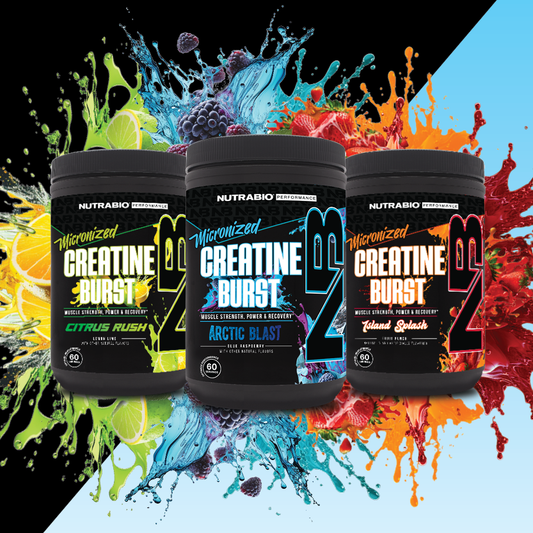In recent years, the strong polarized opinions over cannabis and derivatives have become more neutral, and it is becoming more widely regarded as a medicine or herb than an illicit drug.
Of course, many already felt this way, and there are others who will cling to old ways. However, it sure seems clear that, sooner or later, cannabis, CBD, and/or THC will be used therapeutically.
There are a range of benefits associated with CBD and, in some cases, with THC as well.
Of those most relevant to endurance athletes, CBD may help with inflammation and pain.
But first, a couple of the basics.
What Is CBD?
CBD vs. THC vs. Marijuana vs. Hemp

There are distinct differences between plants used as a source of the extracts as well as the extracts themselves.
CBD, or cannabidiol, is a NON-psychoactive extract of marijuana and/or hemp, whereas THC, tetrahydrocannabinol, is the psychoactive compound that produces the well-known high.
As plants, some strains contain more or less CBD while others contain more or less THC.
With CBD on the rise, most plants being used are high-CBD, low-THC strains of marijuana, as the amount of THC permissible (by law, where applicable) is very low – less than 0.3% – while CBD content is often around 4% (though some claim up to 15%).
Marijuana is used most often, but it is not permitted in many states.
Thus, hemp-derived CBD may be used as well. However, much more hemp is required, as CBD concentrations are low, which leads to a lower quality product.
Is CBD Legal?
There is no one-size-fits-all answer for this question in the United States.
At the federal level, it’s a no go, but depending on your state laws, it may be okay.
Check first, but I’m yet to see any headlines about someone getting in trouble for CBD oil – it doesn’t mean you won’t, though.
How Does CBD Work?
![]()
CBD/THC works by interacting with receptors in the endocannaboid system, namely CB1 and CB2 receptors.
It’s actually not as straightforward as you may think, though.
THC is a CB receptor agonist. It “activates” these receptors to produce psychotropic effects in the brain, via CB1, and immunomodulatory effects in peripheral tissues, via CB2.
However, CBD is an antagonist of CB1 and CB2 receptors – it is actually capable of suppressing some of the psychotropic effects of THC.
CBD actually works via other receptors. Specifically, serotonin, PPARs, vanilloid, and orphan receptors. Here’s a snapshot of how this all works together:
- Serotonin receptors – anti-anxiety, sleep, appetite, pain, and nausea
- PPARs – energy regulation, body fat regulation, and immunomodulation
- Vanilloid – pain, inflammation, and body temperature
- Orphan – bone resorption, blood pressure, and cell proliferation
Keep in mind, each listed effect may be increased or decreased by CBD. The fact it is on the list only serves to identify that the receptor has an effect on that outcome.
CBD for Joint Pain And Inflammation
![]()
Joint pain is one the biggest complaints amongst endurance athletes. So, can CBD help with joint pain?
So far, the research suggests that it can.
We say suggests here because no research has specifically examined CBD in runners with joint pain – we just aren’t that high up on the priorities of funded research, so we’ll draw off of conclusions made in arthritis and neuropathy studies.
One recent study found that CBD was able to reduce osteoarthritis progression when administered as a prophylactic and reduce acute joint inflammation after insult.
At least 3 other studies on the same topic confirm or otherwise support those results.
Anecdotal reports around the internet and personal accounts disclosed to us at EndurElite confirm the results as well.
Results include a disappearance or near disappearance of ankle and knee pain after a few days of treatment, while others have said a few days of topical CBD has cleared up fasciitis (administration routes are oral, inhalation, and topical).
For endurance athletes, CBD may also help improve sleep, reduce anxiety, and stimulate appetite to help fuel exercise.
Conclusions

It will be interesting to see how, or more appropriately when, the legalities surrounding the topic of CBD will more completely soften in the US, as they have in other countries.
From a scientific perspective, there is a clear potential for viability and efficacy with only mild side effects from over-consumption, misuse, or adverse reaction.
In all likelihood, there is a greater concern between political-pharmaceutical navigation than there is over the compound itself, at least with the compound, CBD.


